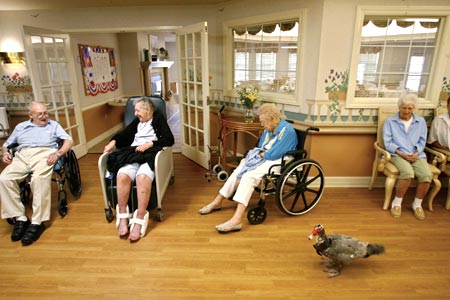5 Steps to the Perfect Senior Housing Set–Up
by ElderCarelink
Are you feeling overwhelmed by the prospect of finding
senior care services for a loved one?
While it can be an emotional and challenging process, we’ve
broken it down into five simple steps. Take them one at a time, and you should
be able to find a solid fit for your loved one.
Consider current and future needs: Moving a loved one from
location to location can make the costs add up. Think about the level of care
an individual needs now and then try to estimate what their future needs may be
to find an option that will meet both.
Review senior housing options: Once you have a good handle
on a senior’s individual needs, it is time to review the various housing
options. These may include assisted living facilities, nursing homes, community
care retirement communities and more.
Compare facility services: After you have settled on a
particular type of senior housing, you need to start comparing different
facilities within that housing type. You can get matched with nearby facilities
by going to ElderCarelink.com and searching by your loved one’s zip code. Then
speak with each facility for the type of care and services offered.
Compare pricing: In addition to comparing services, compare
costs. Is there an entrance fee? Is the monthly fee all-inclusive or do you have
to pay for amenities separately?
Expand your search: If the right senior housing option
doesn't exist in your community, then look outside your immediate zip code. You
may be surprised at the additional senior housing opportunities that are within
a short commute of your ideal location.
You can find more information at ElderCarelink.com,
including a free conversation guide that can help you start the discussion with
your loved one about their long-term care needs.

/old_woman_walking.gif)


.jpg)


.jpg)
